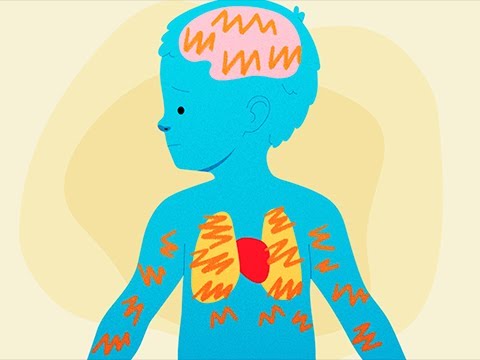When it comes to children with special needs, it’s important to know how to best support your child – especially when it involves behavior. Learn about and understand the behavioral expectations for children with special needs.

All children need boundaries and expectations to follow when it comes to their behavior – but discipline strategies can look different for a child with special needs. The term “special needs” covers a spectrum of abilities and challenges to overcome, including behavioral strengths and challenges. Depending on your child’s disability and needs, the behaviors and the strategies to address those challenges can look very different. Family practices and culture also play a big role in how we discipline our children, regardless of special needs.
When addressing your child’s behavior, it’s important to consider two things: where your child is on the developmental range of skills for behavior/social emotional growth, and the function of your child’s behavior.

First, remind yourself that you can only expect your children to display behaviors consistent with their developmental age. For children with certain needs, that age is often delayed compared to their actual age. Visit “How to Understand Developmental Milestones When Your Child Has a Delay” to find out where your child is within the developmental spectrum of birth to five years of age. Parents also must model and teach children to use appropriate behaviors and responses as part of the overall learning process of development. So if your child is displaying behaviors that are not typical of his age when compared to other children his age, remind yourself that your child’s process of development is different than that of others. Hold your child to the expectations consistent with his developmental level (refer to Discipline Topic). Use skills and strategies for that age range to best shape your child’s behavior.
Challenging behaviors often occur when a child does not have another way to express what he or she is feeling. Stay patient, calm, and consistent as you help your child understand expectations. There are many strategies for handling challenging behaviors, and you can decide which ones work best for your child and family. For suggestions, check out Positive Solutions for Families.
For certain disabilities or extreme, challenging behaviors, such as aggression and safety concerns, other services may help. These include in-home and community-based behavioral therapy. Ask your pediatrician about what options may be available for your child and family.
Parent Tip: All children need to experience and hear things over and over again to learn. Consistency is key – especially for children with special needs.






